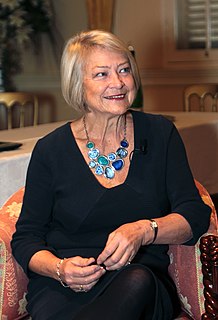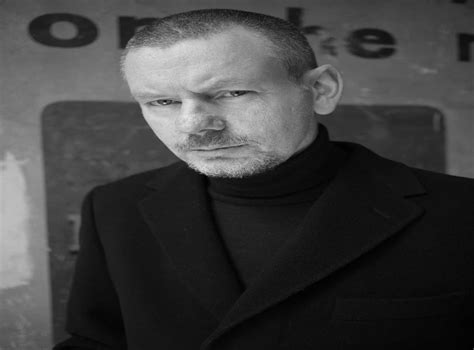A Quote by Benjamin Disraeli
Consider Ireland.... You have a starving population, an absentee aristocracy, and an alien Church, and in addition the weakest executive in the world. That is the Irish Question.
Related Quotes
The Irishman frees himself from slavery when he realizes the truth that the capitalist system is the most foreign thing in Ireland. The Irish question is a social question. The whole age-long fight of the Irish people against their oppressors resolves itself in the last analysis into a fight for the mastery of the means of life, the sources of production, in Ireland. Who would own and control the land? The people, or the invaders; and if the invaders, which set of them - the most recent swarm of land thieves, or the sons of the thieves of a former generation?
We have long had emigration in Ireland. But the nature of emigration has changed. With ferries to Britain and the continent, as well as air travel, emigration isn't the cutoff it used to be. In addition, some of our young people are being educated to levels beyond our present capacity to provide the jobs they are qualified to do. So they go abroad. Many want to come back, especially when they have children they would want to be raised in the Irish society and in the Irish educational system.
I do go back to Ireland, and I'll probably be doing a film in Ireland in January, and I guess that kind of keeps me classified as 'the Irish actor,' but the last four or five projects that I've been in are either American or English, so I don't feel terribly trapped in that. But sometimes, yeah, you would like to not be called 'the Irish actor.' You'd prefer to just be called 'the actor.'
'A Naval History of Britain' which begins in the 7th century has to explain what it means by Britain. My meaning is simply the British Isles as a whole, but not any particular nation or state or our own day... 'Britain' is not a perfect word for this purpose, but 'Britain and Ireland' would be both cumbersome and misleading, implying an equality of treatment which is not possible. Ireland and the Irish figure often in this book, but Irish naval history, in the sense of the history of Irish fleets, is largely a history of what might have been rather than what actually happened.
Ireland is a series of stories that have been told to us, starting with the Irish Celtic national revival. I never believed in 'Old Ireland.' It has been made all of kitsch by the diaspora, looking back and deciding what Ireland is. Yes, it is green. Yes, it is friendly. I can't think of anything else for definite.
On this day, millions of people...throughout the world will gather to commemorate the life of Patrick, patron saint of Ireland. From his days as a slave in Ireland to his work as missionary years later, St. Patrick demonstrated a courage, commitment, and faith that won the hearts and minds of the Irish people. St. Patrick's Day also serves as a time for people of Irish descent from all traditions and religions to honor their native land and shared heritage. Their devotion to family, faith, and community has strengthened our country's character.
Throughout my childhood, I did a form of Irish dancing that was kind of the precursor to 'Riverdance.' It was a mixture of ballet and Irish dancing that my teacher, Patricia Mulholland, had invented, essentially. It was Irish ballet, and she would create performances based around the myths and legends of Ireland.


































